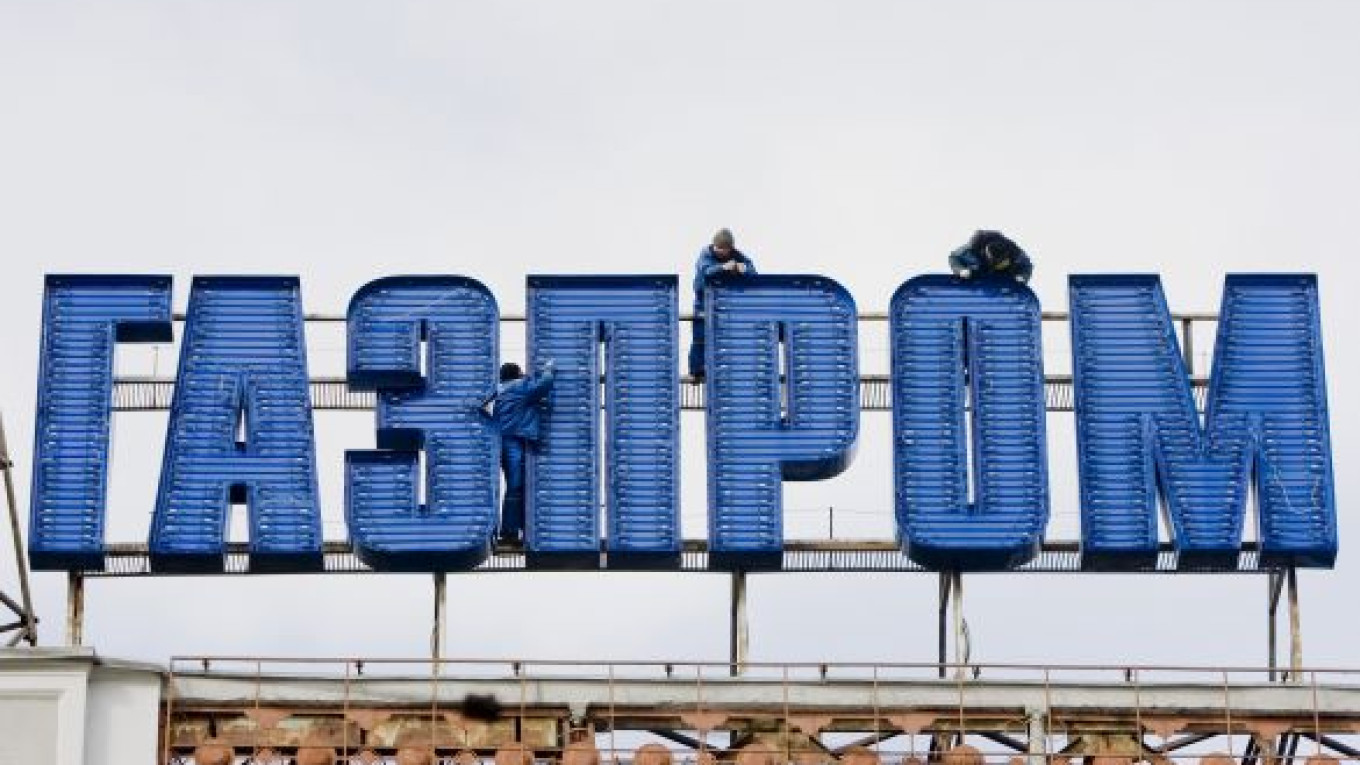BRUSSELS — European Union proposals to force countries to build new emergency gas infrastructure were approved Thursday by a parliament panel, but a requirement to prepare for 60 days of supply cuts was reduced to 45 days.
The European Parliament's influential industry committee approved the European Commission's proposal, which aims to prepare countries to withstand lengthy cuts in supplies of gas in winter.
Parliamentarians said provisions for 60 days would be too costly for member states and that preparing for 45 days was enough.
The EU aims to reduce the risks from a possible repeat of last year's gas crisis, when a pricing dispute between Russia and transit country Ukraine cut gas supplies to Europe during three weeks of freezing weather.
Gas is now flowing normally, but policymakers have not forgotten numerous scares including the January 2009 crisis and Russia's invasion of Georgia in August 2008, when Russian armor came worryingly close to energy transit pipes.
About one-fifth of EU demand is satisfied by Russian gas that flows through pipelines in Ukraine.
The amended version of the gas security regulation faces a full parliament vote in May, and the Commission's proposal must also get the approval of EU member countries, which are reluctant to cede control of energy supplies.
Those countries approved a similar directive for oil last year, but not before gutting it of most of its powers.
Under the new gas security rules, the European Commission proposed that it would declare a "Community Emergency" if the EU lost more than 10 percent of its gas imports.
Parliament's industry committee tightened that threshold, saying an emergency should be declared if a region of the EU loses 10 percent.
"This idea of developing a regional approach with EU intervention should remove the founded fears some member states have of being left alone during a severe crisis," said Alejo Vidal-Quadras, who is brokering a parliament deal on the rules.
The parliament's amendments put heavy emphasis on improving pipelines, such as the Yamal pipeline between Poland and Germany, to allow bidirectional flows in the event of a crisis.
"With reverse flow technology, Germany would be able to export to Poland should there be a problem between Ukraine and Russia in the future," Vidal-Quadras said.
"Reverse flows require little investment in comparison with other infrastructure requirements and can really have a significant impact in improving security of supply," the Spanish Conservative politician added.
A Message from The Moscow Times:
Dear readers,
We are facing unprecedented challenges. Russia's Prosecutor General's Office has designated The Moscow Times as an "undesirable" organization, criminalizing our work and putting our staff at risk of prosecution. This follows our earlier unjust labeling as a "foreign agent."
These actions are direct attempts to silence independent journalism in Russia. The authorities claim our work "discredits the decisions of the Russian leadership." We see things differently: we strive to provide accurate, unbiased reporting on Russia.
We, the journalists of The Moscow Times, refuse to be silenced. But to continue our work, we need your help.
Your support, no matter how small, makes a world of difference. If you can, please support us monthly starting from just $2. It's quick to set up, and every contribution makes a significant impact.
By supporting The Moscow Times, you're defending open, independent journalism in the face of repression. Thank you for standing with us.
Remind me later.


